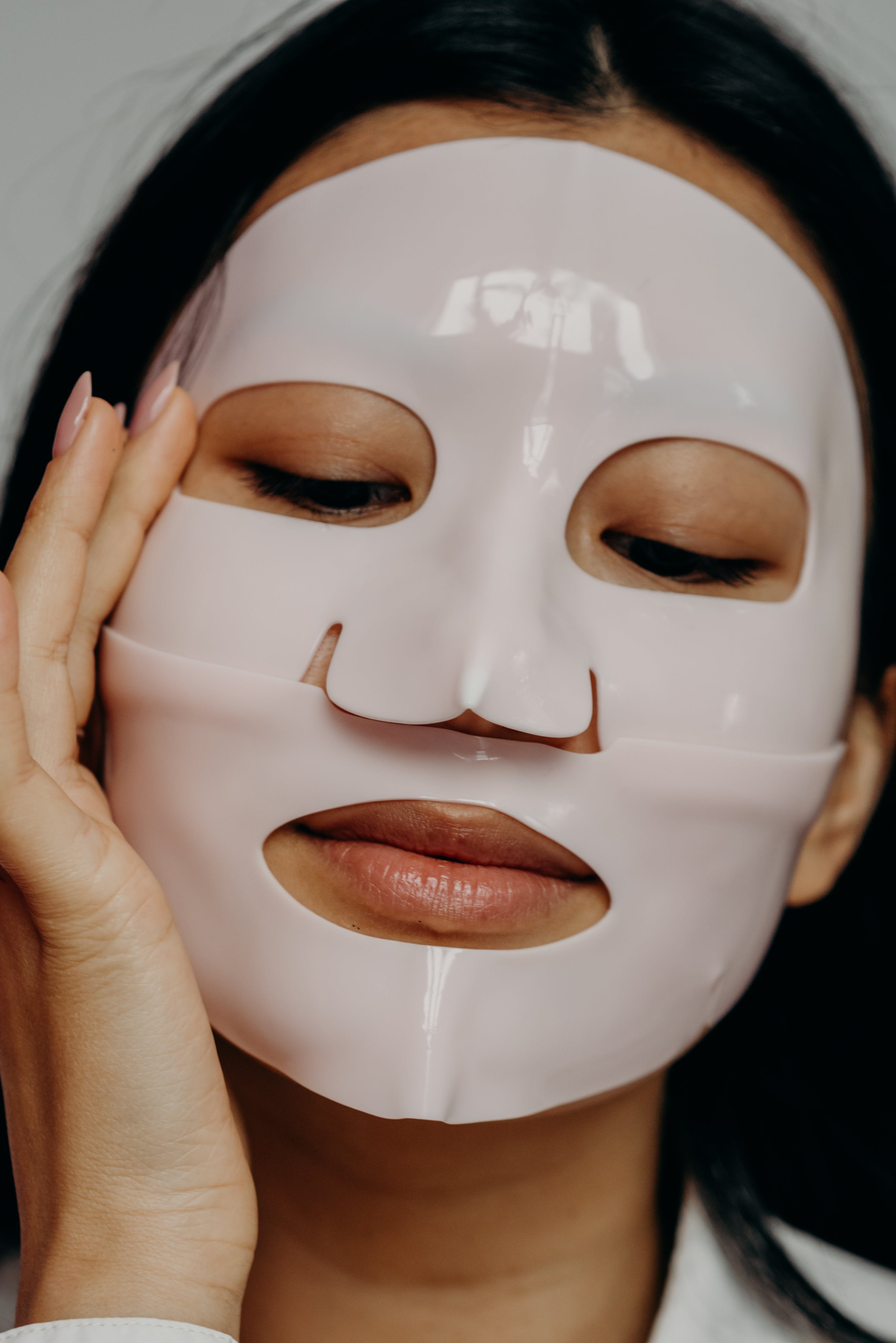Every night, the clicks and clacks of my grandmother’s many Clinique jars ring out from her bathroom. The subtle sounds of metal clinking against plastic make it sound as if she is a beginner practicing the triangle.
I remember being a young girl, staring at my bà ngoại smear the shining serums across her face. When I was gifted my first Clinique set – a basic, facial-cleansing trio – I dreaded my matriculation into my grandmother’s symphony that specialized in patting, rinsing, and drying.
How could I stand a chance against a company worth almost 5 billion dollars? This beloved brand eventually haunted the darkest corners of my bathroom cabinets; I barely ever touched the tubes, not even to throw them away. I wanted to become someone who enjoyed having a beauty routine, but my boycott against the serums only drew me further from what I understood femininity to be.
Being a woman in my family meant upkeep–a religious obedience to the beauty standards of the East. I wanted to be a follower under this particular form of worship, but my eczema-ridden skin ensured that I’d never be a valued member of the congregation. Plus, washing my face twice a day was not going to change my skin being “too tan” or my nose being “too wide.”
Sometimes, my grandmother embraces me and immediately relays her observations, particularly if I gained or lost weight since my last visit. Every time I approach her front door, a pang of anxiety swipes at my chest as I readjust my clothes and smooth my hair. I know I will be evaluated upon entry: I instantly learn if she thinks my eczema is clearing up, if my new piercings are too garish, or if my face is growing rounder.
As Asian women, we are applauded for “aging so well.” Maybe it’s the genes, or maybe it’s a pious dedication to multistep skincare routines. Will I be some sort of disgrace when I refuse to prevent my wrinkles and no longer suck in my stomach? I’m 21 and tired of being told to fear my body’s inevitability.
When I see my grandmother’s face, I see someone who has been loved by the sun and the people around her. I feel so warm when I see her smile lines crease and tan skin pucker anytime I successfully make her laugh with my jokes in scrambled Vietnamese.
The spell breaks when she grazes my skin and immediately tells me about a new lotion she has heard about. I often wonder if she sees me beyond my own blemishes.
It is as if girls are taught to fear each aspect of life–to rub face lotion upwards, to avoid sleeping on one side too often, and to ensure that clothes and jewelry compliment one’s undertones. The constant search for the right shade and size exhausts me. I cannot fathom spending decades on a mission to achieve aesthetic perfection.
So many girls like myself were in middle school navigating our first menstrual cycles and trying to prevent wrinkles at the same time. My brothers have never been told to hide the proof of their lives from their faces. Is it so wrong to let my body be what it wishes – to welcome stretch marks, sagging, and hyperpigmentation?
The pressure to be desired only continues to haunt women throughout our lives. There are two types of older women commonly portrayed on TV: brittle, white-haired elderly and spry, tight cougars.
When my little sister coerced me into watching the first episode of “The Golden Bachelor,” I felt like the show was trying to prove that older women could be attractive–as if most older women onscreen weren’t already objectively gorgeous.
“The Golden Bachelor” is a spin-off of the popular franchise, unique in its premise of finding love later in life. “The Bachelor” has been critiqued for its immense lack of size inclusion and racial diversity, and the majority of this special season’s contestants can still be described as fit and thin. They just happen to range from 60 to 75 years old.
It feels as if the show wants to say, “Look! You can be old and conventionally sexy!” as contestants lounge around in cutoffs and crop tops. It is clear that the show prioritizes contestants who fit into the spry and tight category of older women.
Despite this, it feels like the women are also saying, “We’re still alive, and it’s not a sin to want to be romantically desired just because our bodies have changed since our 20s.” I imagine beauty neutrality to be the only solution that offers true freedom, but there is something admittedly addictive about feeling pretty that few women are willing to give up.
I was surprised to see a relatively diverse cast of women pining for the featured silver fox. Even seeing one Asian contestant caused me to perk up due to the small amount of Asian Americans featured in reality TV.
I cannot wait for more shows like Netflix’s “Grace and Frankie” that truly portray the emotional and physical changes that accompany aging. In 50 years, I hope that embracing the natural state of my aged body won’t be considered revolutionary.
I fear telling my grandmother to her face that I’m something of an aesthetic atheist. Despite my own beliefs, I still show up at my grandmother’s door, hoping she will notice how clear my skin is or that my waist has grown smaller. In this way, I am still forced to pay my penance.
Featured Image: “A Woman Looking Down with a Mask on Her Face” by Polina Kovaleva is licensed under Pexels.

Comments are closed.